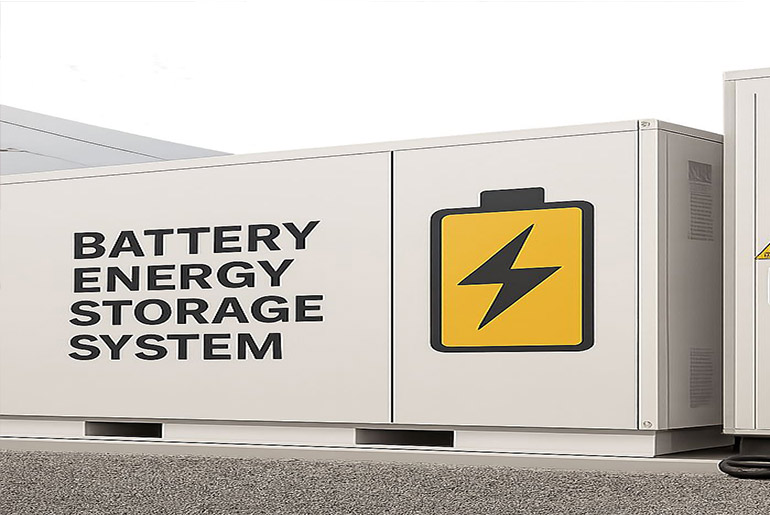In a significant policy push to accelerate the integration of Energy Storage Systems (ESS) into the national grid, the Ministry of Power, Government of India, has proposed crucial amendments to Rule 18 of the Electricity Rules, 2005. Detailed in a letter dated June 11, 2025, the changes aim to modernize regulatory support for ESS deployment across the entire electricity value chain.
One of the most impactful revisions is in sub-rule (2), which explicitly allows ESS to be deployed as standalone systems or embedded within generation, transmission, or distribution infrastructure. This marks a strategic shift toward recognizing storage as a critical, flexible grid asset.
Sub-rule (4)(a) proposes to open up ESS development to a wide range of participants, including generating companies, licensees, consumers, system operators, and independent storage providers. This inclusive approach is expected to boost investment, innovation, and competition in the ESS space.
Further, sub-rule (4)(b) clarifies the legal identity of ESS—linking it to the owner regardless of location—while treating it as a distinct unit for dispatch and scheduling purposes. This change ensures operational clarity without limiting deployment flexibility.
Commercial viability is also addressed in sub-rule (5), which permits owners to sell, lease, or rent out their storage systems or parts thereof to utilities, consumers, or even Load Despatch Centres. This is likely to encourage new business models and greater utilization of storage assets.
The Ministry has invited feedback from stakeholders including regulatory bodies, industry associations, central ministries, PSUs, and academic institutions, with the consultation window open until July 10, 2025.
These proposed amendments underscore the government’s growing emphasis on ESS as a cornerstone of grid modernization, renewable energy integration, and energy security. The reforms follow the last major update to the Electricity Rules in March 2024 and reflect India’s evolving power sector priorities in the age of clean energy.



